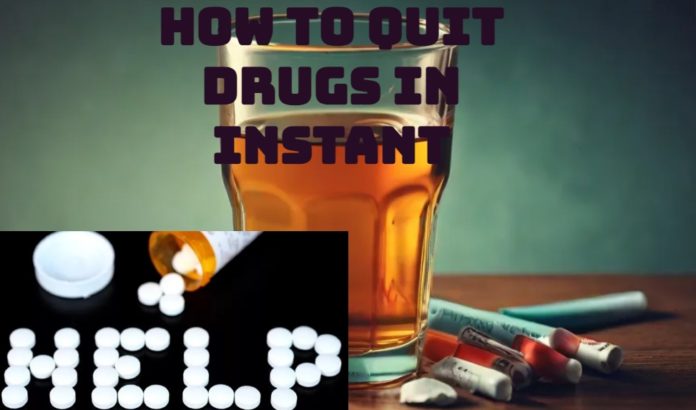Substance abuse is characterized as the abusive or injurious use of psychoactive substances, including alcohol and illicit drugs. It is a very broad issue that affects all individuals, families, and societies in general.
The disorder calls for an understanding of causes, effects, and treatment options as a prudent measure in tackling this significant health problem. Drug and alcohol misuse is the use of illegal drugs and the misuse of alcohol, medicines, and substances such as solvents.
Effects of Substance Abuse
Substance abuse is a destructive habit that can cause devastating damage to the physical and mental health of the abuser. These short-term effects may include impaired judgment, mood swings, and decreased cognitive function. Long-term abuse may lead to chronic health issues such as liver damage, heart disease, mental disorders, and an increased risk for infectious diseases. Substance abuse mostly leads to social problems such as strained relationships, the inability to hold a job, and legal problems.
Causes of Substance Abuse
There are diverse reasons for drug abuse, be it genetic predisposition or environmental and psychological factors. Maybe some people are basically born addicted to something, while others just self-medicate the mundane nature of their stress, trauma, or mental health issues with drugs. Easy access to drugs, peer pressure, and cultural attitudes toward drugs and alcohol also play major roles.
Prevention and Treatment
Prevention is a three-leg approach: education, intervention at an early stage, and changing the environment to one that is friendly and supportive. Public awareness of substance abuse toxicity is created through public health campaigns, school disciplinary programs, and community educational programs and events. The treatment varies with the substance abused and the level of dependence. Common treatment approaches include behavior treatment, medication, and individual counseling groups such as AA or NA. A dual approach to the physical and psychological aspects of addiction usually has the best outcomes.
When to See a Doctor
It is important to seek medical help if you have symptoms or signs of drug dependence or if you know someone who does. These symptoms include difficulty in controlling the use of substances, withdrawal, and continuing to neglect occupational and social responsibilities. proper diagnosis and a treatment plan are best administered by a physician with a referral to the appropriate specialist or support group.
Complications of Substance Abuse
Substance abuse, when chronic, leads to several complications if not treated. The complications range from overdose to irreparable brain damage and, if not death,. At the same time, the risk of co-occurring mental health disorders, infectious diseases, and chronic diseases like heart and liver disease goes up with chronic abuse. Also common are some social complications, such as legal issues, financial instability, and broken relationships.
Substance abuse is a complex, yet treatable, disorder. With proper support and treatment, individuals do recover and go on to live happy, healthy lives. Early intervention and comprehensive treatment are key to preventing the long-term consequences of substance abuse.
Frequently Asked Questions
1. What is substance abuse?
It means the harmful or hazardous pattern of psychoactive substance use, which includes alcohol and illicit drugs.
2. What symptoms are indicating one is abusing substances?
Intense urges to use the substance, showing a lack of interest in responsibilities, behavior changes, and experiencing withdrawal symptoms when he or she doesn’t consume the chemical
3. Can substance abuse be treated?
Yes, it can be treated through supportive therapy, medication, and with the assistance of family, friends, and support groups.
4. What do I need to do to avoid it?
Prevention with regard to substance abuse involves educational activities, the avoidance of peer pressure, the development of healthy coping strategies, and seeking support if mental health problems arise.
5. What should I do if I think someone has a substance problem?
Urge the person to consult a health professional, support the person, and provide information regarding various treatment options.

